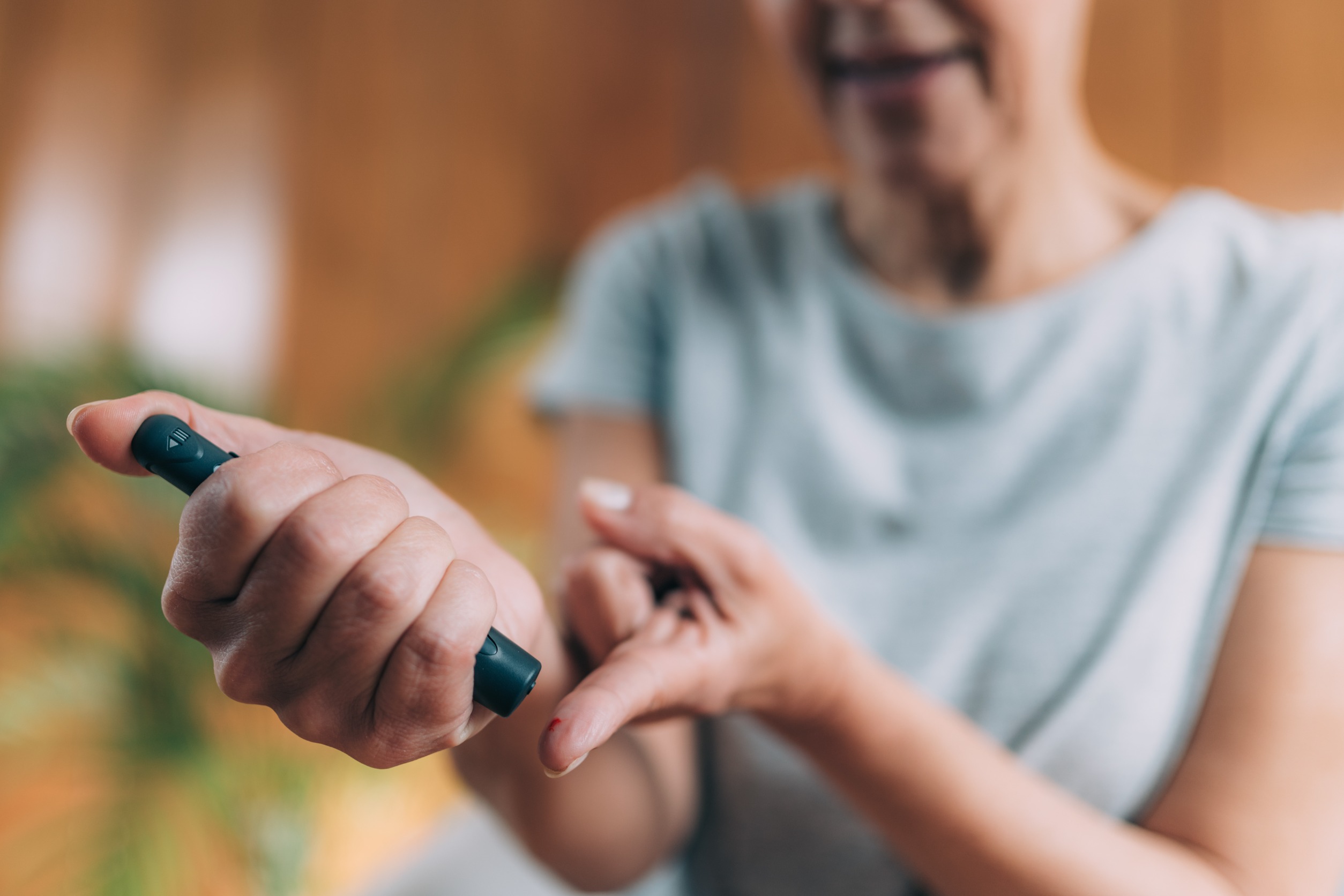Your sleep habits can affect many things about your health — your weight, your immune system, even how well your brain works. But it also plays a key role in controlling your blood sugar (or glucose), which affects your chances of getting diabetes.
What Happens to Blood Sugar While You Sleep?
It’s tied to whether the hormone insulin, which removes glucose from the blood, is working the way it’s supposed to. Blood sugar levels surge while you’re sleeping, usually around 4 to 8 a.m. for someone with a normal sleep schedule. (It’s called the dawn effect.) In a healthy person, insulin can handle the surge by telling muscle, fat, and liver cells to absorb the glucose from the blood, which keeps your levels stable.For people who have diabetes or who are likely to get it, insulin can’t do that job very well, so blood sugar levels will rise higher.
Sleep Habits and Diabetes
While diet and obesity are big contributors to your odds of having diabetes, studies have found that sleep habits are, too, probably because over time, they can affect how well your cells respond to insulin.
In one study, more than 4,000 people reported the amount of sleep they got each night. Those who got less than 6 hours were twice as likely to have cells that were less sensitive to insulin or to have full-blown diabetes. This was true even after the researchers took other lifestyle habits into account.Other sleep disruptions and disorders, such as sleep apnea, also seem to raise a person’s odds of having diabetes.But the risk goes up at the other end of the spectrum, too. For reasons that aren’t clear, people who sleep too much — more than 9 hours a night — might also have higher chances of getting diabetes.
How Does Lack of Sleep Raise Your Risk?
It’s hard to know for certain. Many studies have suggested that short sleepers (those who get less than 6 hours per night) have irregular eating habits, snack more, and are more likely to eat unhealthy foods.
Other research has found that shortchanging sleep can directly affect how the body makes other hormones, which in turn affect blood sugar. For example, when you stay up late, your body makes more of the hormone cortisol, which affects how insulin works.Also, growing evidence shows that disrupting your body’s biological clock (AKA your circadian rhythm) by being awake at night can make your cells more resistant to insulin. In one study, researchers altered the circadian rhythms of 16 healthy volunteers by allowing only 5 hours of sleep each night for 5 nights, much like a sleep-deprived workweek. When those volunteers ate food at night — a time when the body isn’t biologically prepared for a spike in blood sugar — their bodies didn’t use insulin normally.
What Can You Do?
To keep your blood sugar in balance, try to get at least 7 hours of sleep each night.If you work at night or have rotating shifts: Try to maintain regular meal and sleep times, even on your days off, if you can. And get some exercise during your breaks, like short walks or stretches.
If you’re concerned about your blood sugar: Getting a good night’s sleep on a regular basis will go a long way toward helping your body use insulin efficiently. Along with getting enough sleep, avoid eating late at night, and try to get some exercise after dinner, like going for a walk.If you have diabetes:If your blood sugar is often too high in the morning, talk to your doctor. You may need to do some extra blood sugar testing or use a continuous glucose monitor to figure out what’s going on, which will determine how you should handle it. Your doctor may suggest a tweak to your diabetes medicines or your exercise routine.






